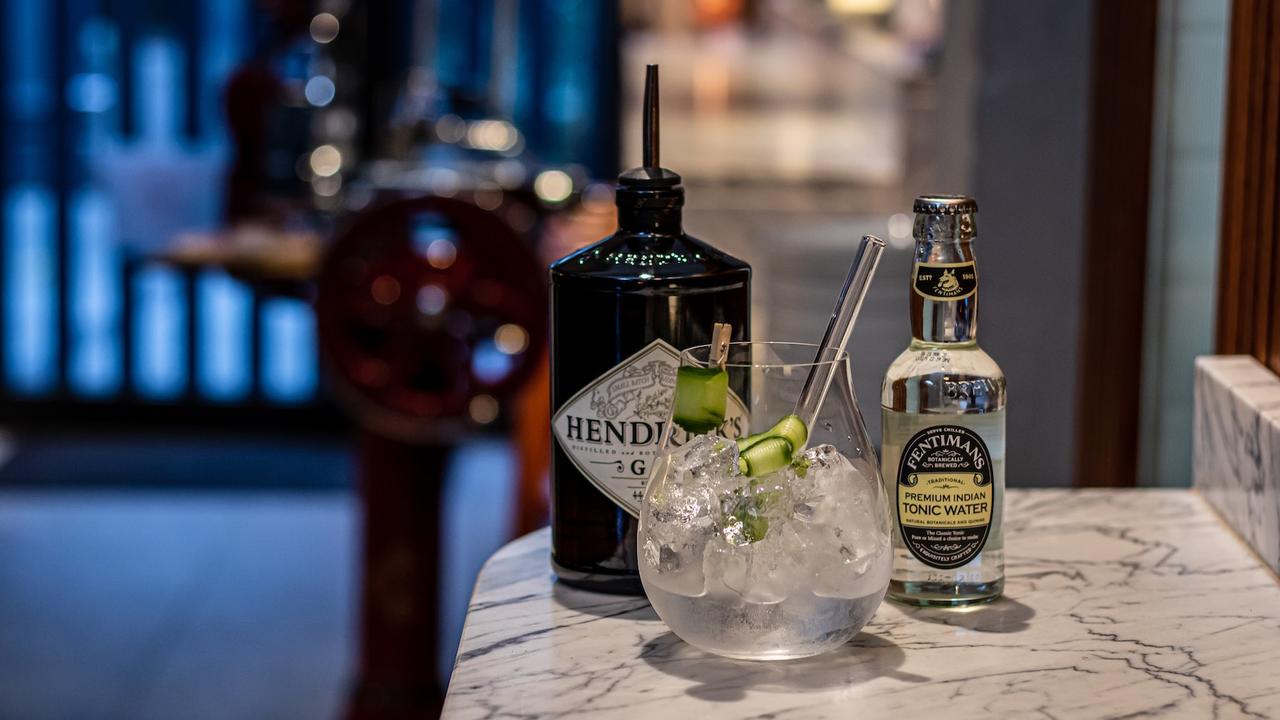…Or rather, the most interesting things to know about gin because it is a big topic!
The very rules and regulations around gin production allow for the hundreds and thousands of different styles of gin we can enjoy today. Gin brands differ in taste due to the recipe of botanicals selected as well as the distillation method chosen to extract the flavour of those botanicals.
Where does Gin come from?
At its heart, gin is all about juniper, the very word ‘gin’ comes from its ancestor ‘genever’ translating to juniper which remains the most important botanical for all gins regardless of how, or where in the world, they are made. The original use of juniper in both genever and gin had medicinal justification back in the 1600-1800s.
Gin as we know it today started in England back in the late 1600s as a derivative of the Dutch spirit, genever. If you consult historic cocktail books you will see references to ‘Holland gin’ in some drink recipes which means that genever should be used. As the years go by, we see ‘Old Tom gin’ mentioned which was the early, sweetened style of gin first made in England.
Subsequently a drier style of gin was produced and referred to as ‘London Dry Gin’ even though it was not all – and still today does not need to be – made in London.
Which are the differences between Gin and Vodka?
Most people might not know that gin starts as essentially vodka, that is a neutral grain spirit which is then re-distilled with botanicals. While vodka remains free of aroma and flavor, the intent when making gin is to extract multiple flavors from a recipe of botanicals and create a unique flavor profile as a result.
Which countries consume Gin the most?
Unsurprisingly, the UK remains the largest consumer of gin today, still very much woven into the fabric of national culture. The USA and Spain are the second and third largest markets. Spain in particular is famous for its gin & tonics while Martinis are the go-to in the USA.
Does Gin go bad?
Once gin is made, bottled and at home on your shelf it will not age or oxidise or change in any way and can last a lifetime (theoretically speaking). But like all good things, why wait! when there are so many great ways to enjoy and consume gin. Gin is often thought of as the spirit of cocktail culture since it is always mixed.
It is not customary to drink gin by itself or on the rocks like many other spirit categories. Gin is usually mixed long with tonic water, with Vermouth in a Martini or in any one of hundreds of cocktail recipes historic and modern day, each designed to highlight that well-crafted recipe of botanicals.
There really is a gin cocktail for any occasion but if you are looking for the best day to shake up a gin cocktail then might I suggest World Gin Day, June 12th which just happens to be the ideal time to welcome in another glorious British summer season of gin drinking…
If this has inspired you, learn more about gin and other spirits in our four-week bartender course.

